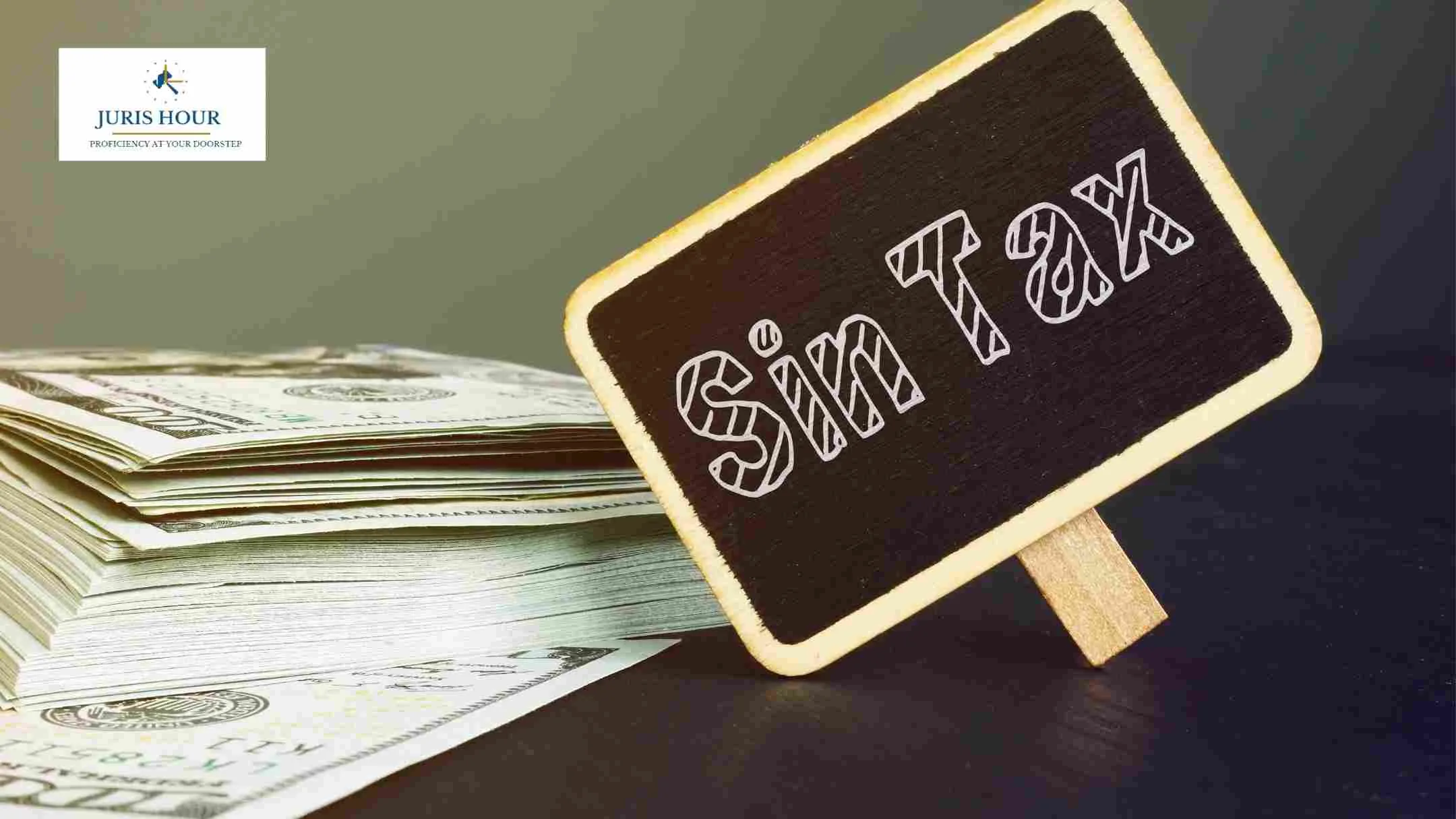In a bid to tackle India’s growing burden of non-communicable diseases (NCDs), the upcoming GST Council meeting is expected to discuss proposals for increasing tax rates on harmful products such as tobacco, ultra-processed foods (UPFs), and sugar-sweetened beverages (SSBs).
NCDs, which account for over 66% of all deaths in India, are largely driven by unhealthy diets, tobacco use, and lifestyle disorders. Experts say that raising GST on such products can serve as a powerful tool to discourage consumption and generate much-needed funds for public health.
WHO Recommendations and India’s Lag
While the World Health Organization (WHO) recommends taxing harmful products to curb consumption, India’s current tax structure leaves significant room for reform. Although tobacco is taxed at the highest GST slab of 28%, experts highlight that the overall tax burden—including other levies like excise and cess—still falls short of the WHO-recommended 75%.
Currently, SSBs and UPFs also fall under the 28% GST slab but do not attract any health cess. The Finance Minister has previously hinted at GST rate restructuring, offering an opportunity to align India’s tax system with global health norms.
Alcohol and Tobacco Gaps
Alcohol taxation remains state-specific, leading to inconsistencies. States like Gujarat, Bihar, and Nagaland enforce prohibition, while others rely heavily on liquor revenues. Experts argue that there’s considerable scope to tighten the tax framework on alcohol, tobacco, SSBs, and UPFs.
The 139th Parliamentary Standing Committee on Health noted that despite high GST rates, tobacco products in India remain among the cheapest globally. For instance, the total tax burden on cigarettes is about 58% and a mere 22% for bidis—well below global standards.
GST Council Set to Deliberate on Sin Tax Hike
The 56th GST Council meeting is expected to deliberate on raising the GST rate on sin goods from 28% to 40%. This measure is seen as crucial to reducing affordability and discouraging consumption, especially as current tax rates have not kept pace with rising incomes.
Tobacco products currently attract multiple taxes—Central Excise Duty (CED), National Calamity Contingent Duty (NCCD), and GST—but these have not been revised since 2019–20. Experts recommend introducing a dedicated Health Tax on harmful products, and revisiting CED and NCCD structures.
Recommendations Awaited
The GST Council is also awaiting the final reports from two key Groups of Ministers (GoMs)—one studying rate rationalisation and the other reviewing the inverted duty structure. Their suggestions could shape a long-term post-2026 Compensation Cess framework, possibly including a permanent Health Cess on harmful items.
Towards a Health-Driven Tax Model
A comprehensive approach—introducing a Health Tax in addition to existing levies—could increase public revenue, curb consumption of unhealthy products, and fund initiatives like anti-tobacco efforts, nutrition education, and public healthcare.
Experts argue this could mark a turning point where GST becomes a lever not just for revenue, but for real public health transformation.
Read More: Mumbai Customs Seizes Hydroponic Weed and Codeine Syrup in Major Airport Crackdown

